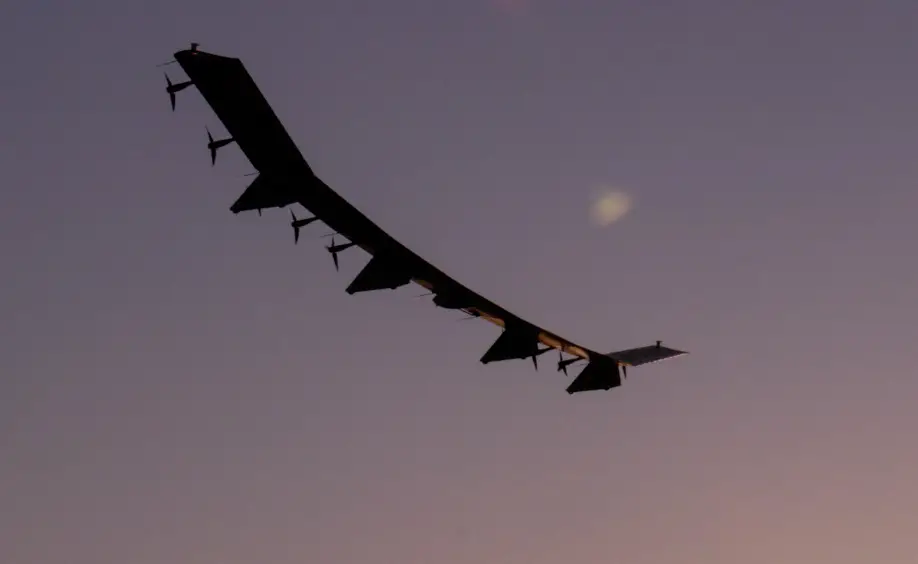AeroVironment (AV) flight-tested an upgraded Sunglider™, enhancing its High-Altitude Platform-Station (HAPS) capabilities for commercial and government markets. The result is Horus™ A, the new version of Sunglider for government applications. Horus A is a solar-powered UAS capable of carrying up to 150 lb of payload with 1.5 kW of available power, offering industry-leading stratospheric performance. Horus A features enhancements in all areas of the aircraft design, avionics, and offers unique features such as additional autonomy to increase mission flexibility and multiple redundant systems for mission assurance. Horus A received airworthiness approval from the U.S. Army and an FAA Special Airworthiness Certificate to allow flight testing in the national airspace. These enhancements flow back into the continued development of Sunglider with SoftBank as both companies strive to deliver unrivaled payload capacity and persistence to unlock the full potential of both stratospheric flight and the latest, most capable payloads.
“During this recent Horus A flight, we demonstrated the ability to carry multiple payloads for the U.S. DoD and transmit real-time data, advancing the viability of HAPS for government applications,” said Jeff Rodrian, AV’s senior vice president and general manager of MacCready Works. “This flight marks another milestone in our stratospheric platform’s progress. It underscores AV’s leadership in developing solar-powered, high-altitude systems with significant potential for commercial and government applications.”

Continuing AV’s tradition of industry-defining firsts, Horus A simultaneously operated a Synthetic Aperture Radar (SAR), and Tactical Grade Mesh Network radio during the mission portion of the flight. Covering the majority of the flight test points, AV was able to validate multiple new and redundant systems, payload interoperability and performance enhancements. AV also demonstrated the ability to effectively maneuver in adverse and turbulent weather, landing safely, ready to return to the Stratosphere for future longer-duration missions. Horus A’s satellite-based BLOS radio and robust avionics and datalink suite will enable this platform to fill critical defense capability gaps such as resilient communications and network extension, Assured Positioning, Navigation and Timing (APNT), Space Domain Awareness, long-endurance ISR, and deep sensing. Many of these capabilities can enable swarms of smaller uncrewed systems like Switchblade® 600 to be most effective on the battlefield. After this recent stratospheric flight, which was supported by the Office of the Under Secretary of Defense Research and Engineering, and the Rapid Prototyping Programs, AV will continue aggressively progressing Horus A towards operational employment. Through continued partnership with SoftBank, the company aims to offer a robust connectivity solution in the world of 5G and beyond with Sunglider.
AeroVironment, Inc. is an American defense contractor headquartered in Arlington, Virginia, that designs and manufactures unmanned aerial vehicles (UAVs). Paul B. MacCready Jr., a designer of human-powered aircraft, founded the company in 1971. The company is best known for its lightweight human-powered and solar-powered vehicles. The company is the US military’s top supplier of small drones —notably the Raven, Switchblade, Wasp and Puma models. AeroVironment (NASDAQ: AVAV) is a global leader in intelligent multi-domain robotic systems, uncrewed aircraft and ground systems, sensors, software analytics, and connectivity.















